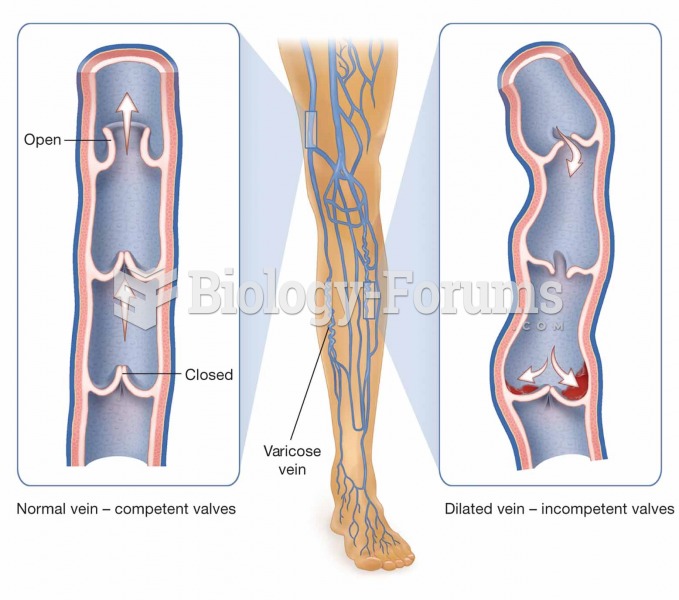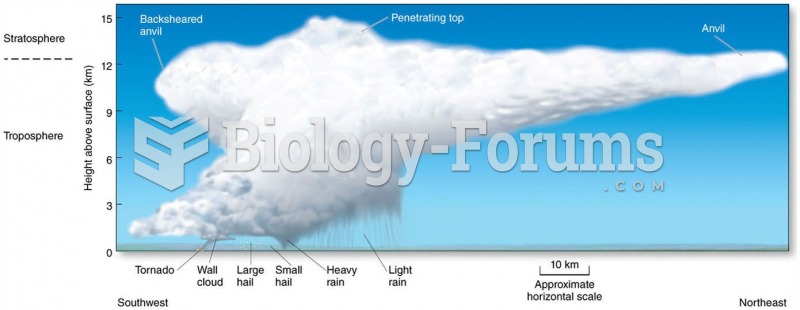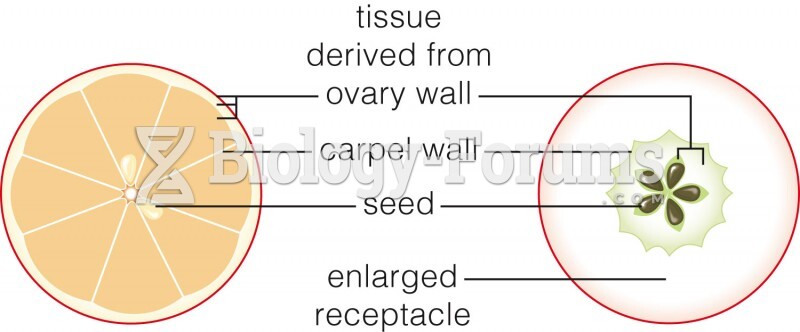Answer to Question 1
a) The period of the zygote begins with conception (fertilization of an egg cell by a sperm cell) and ends with implantation into the lining of the uterus. This first stage lasts for the first two weeks of the pregnancy. The major events are (1) cell growth from a one-cell zygote to an organism comprised of several hundred cells, and (2) a travelling of the zygote from the top of the Fallopian tube into the uterus.
b) The period of the embryo begins at the implantation of the zygo into the lining of the uterus, and ends at the end of the eighth week of pregnancy. There is no specific event that marks the transition from the period of the embryo to the period of the zygote, but this second stage marks weeks 2 through 8 of the prenatal period. Body structures and internal organs begin to develop during this period, including the heart, brain, nervous system, arms, legs, head, eyes, and lungs.
c) The period of the fetus has no event that begins it, but the transition from embryo to fetus occurs at the end of the 8th week of pregnancy. The period ends with childbirth at around the 38th week. (Students may note that this occurs at the 40th week of pregnancy, and individual instructors should decide whether or not to award credit for this answer). All additional prenatal development occurs during this stage, the sex of the baby will be evident in this stage, and viability will be achieved starting at 22 weeks. Movement and regular prenatal activity will increase and become intense, and sensory experiences for the fetus become possible.
Answer to Question 2
True







